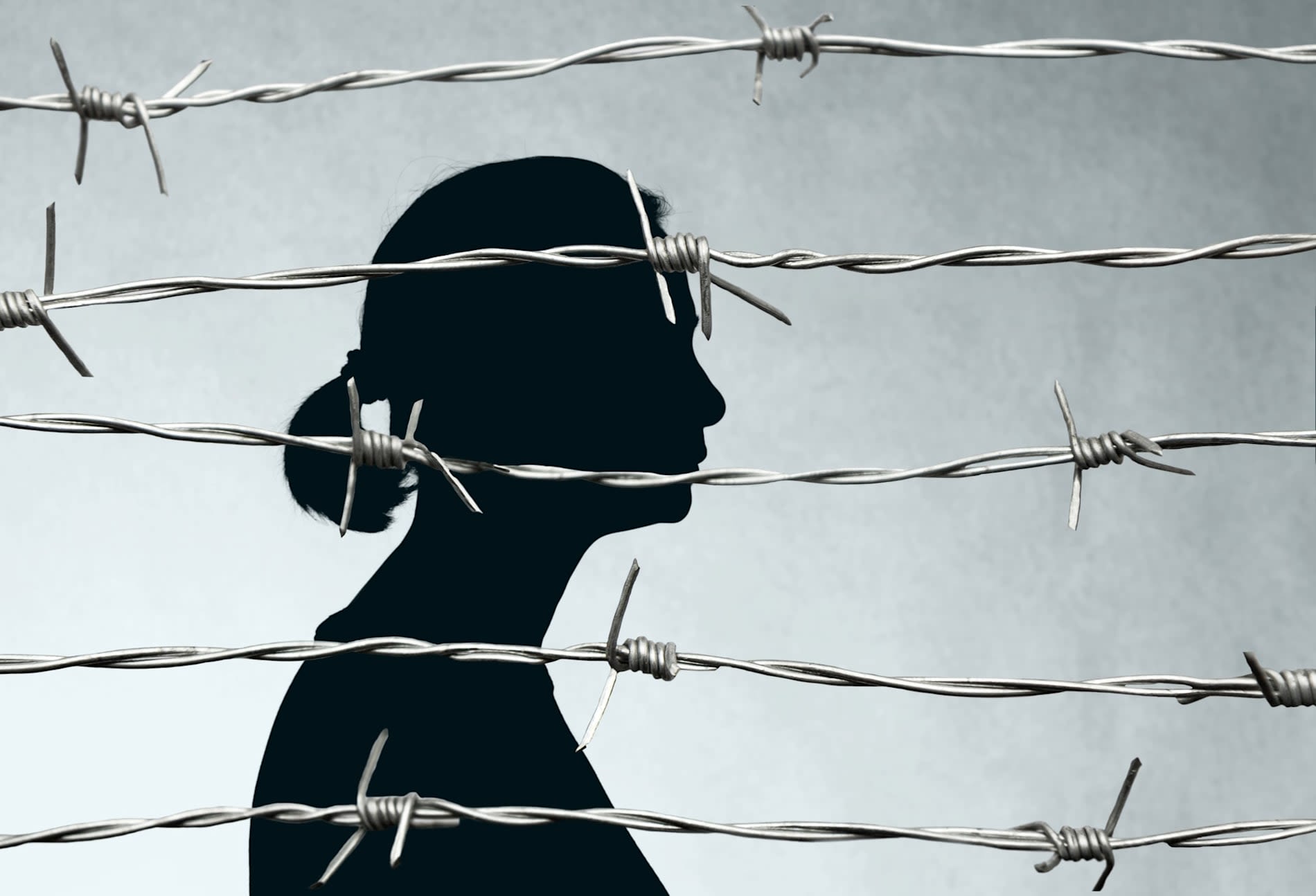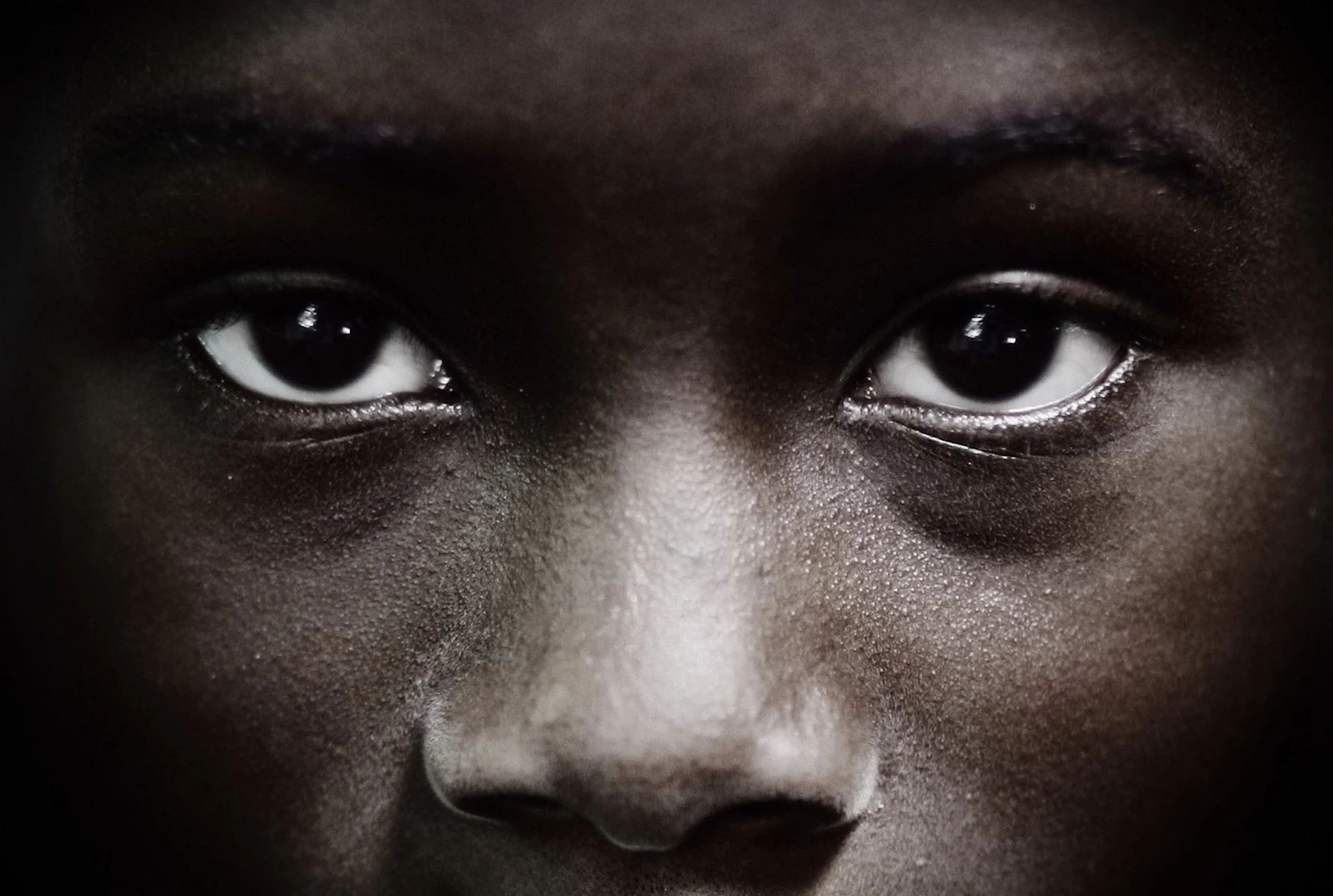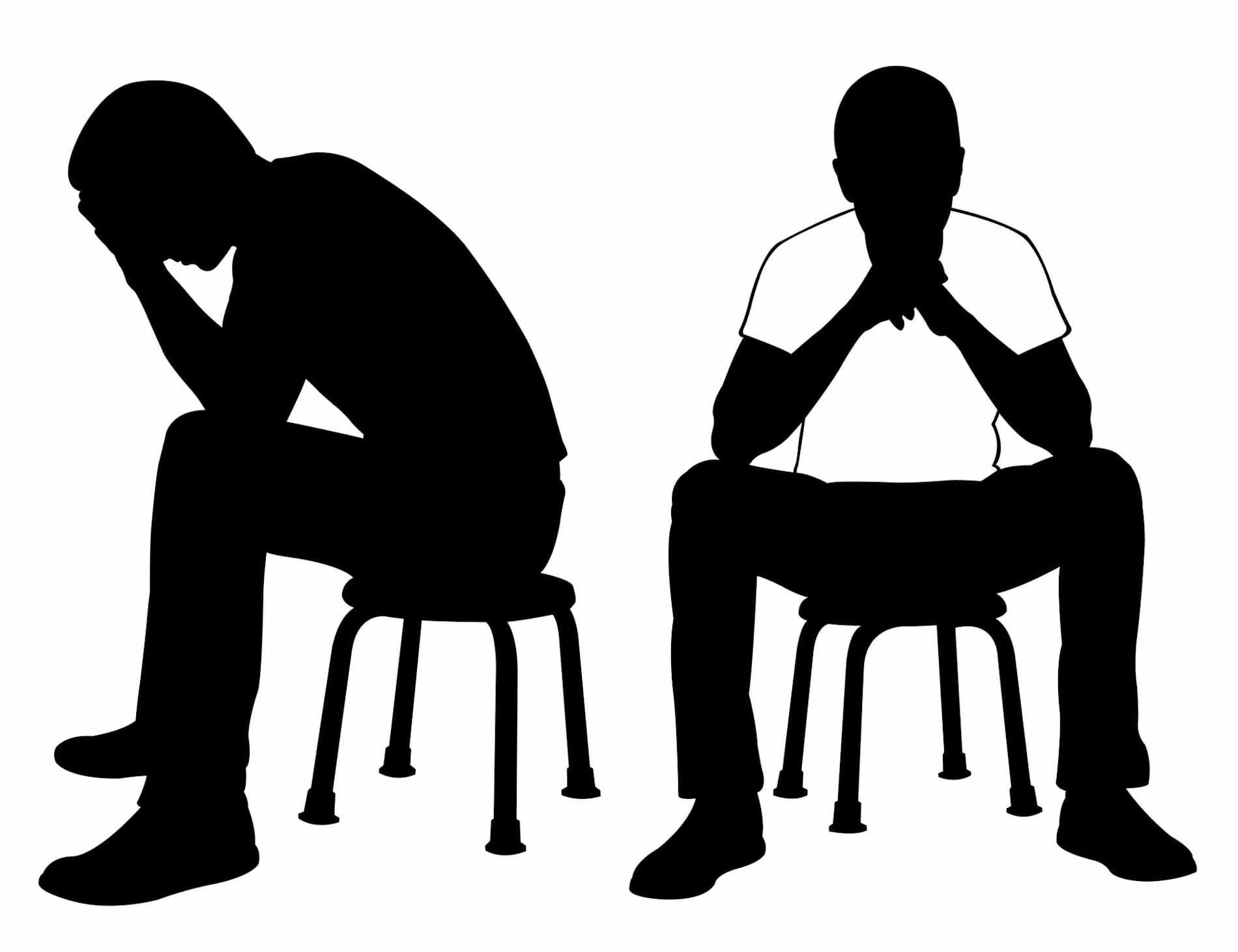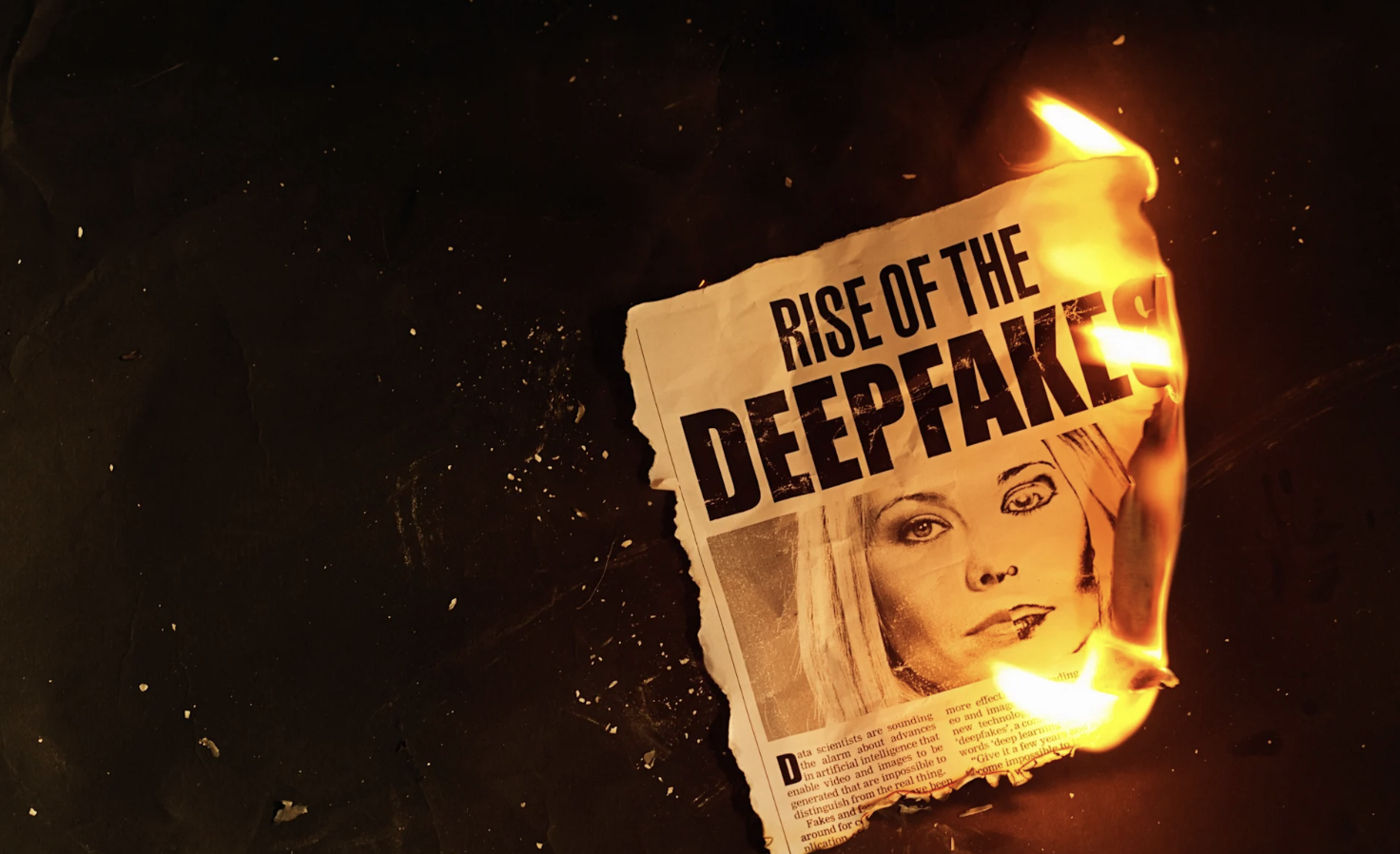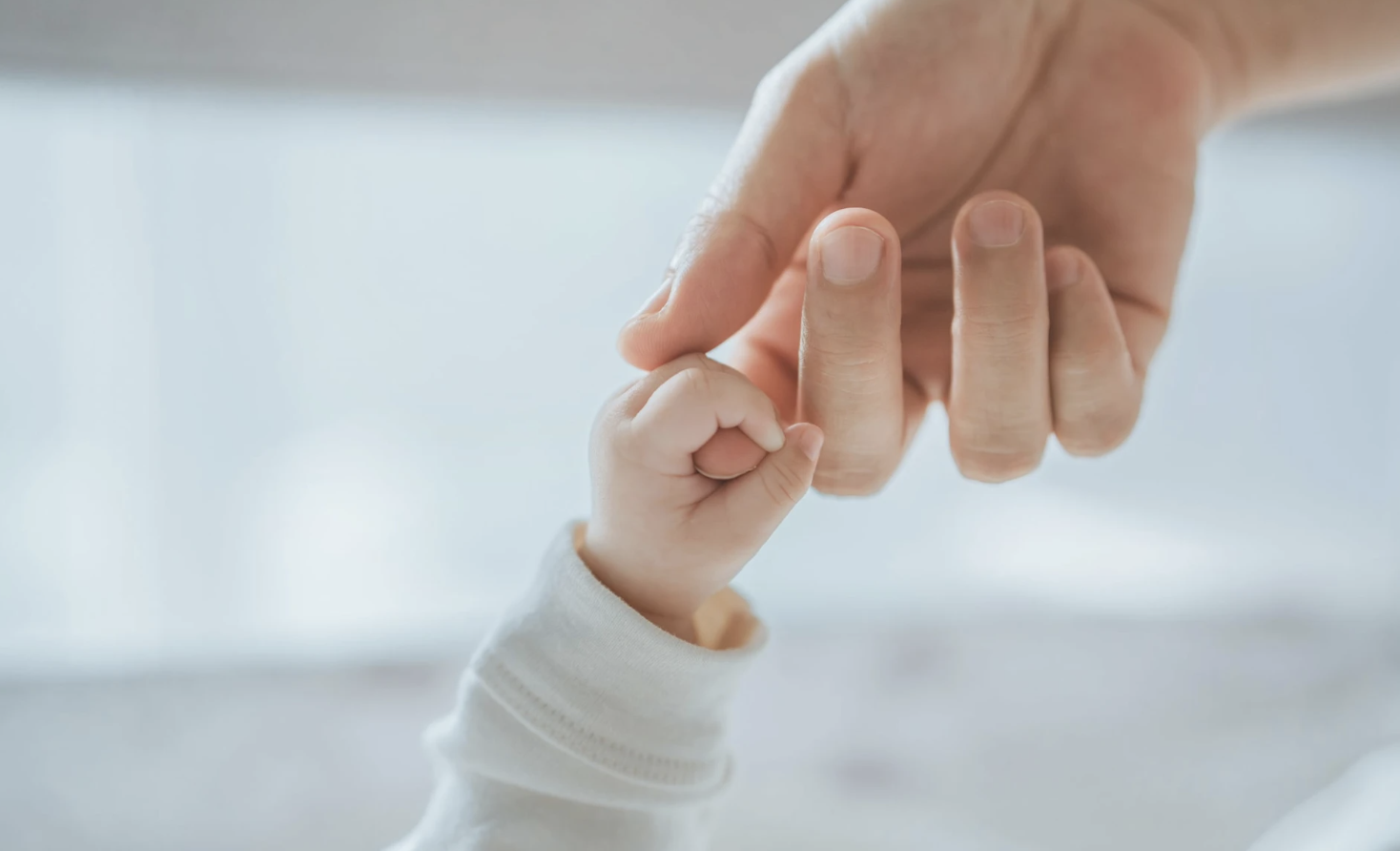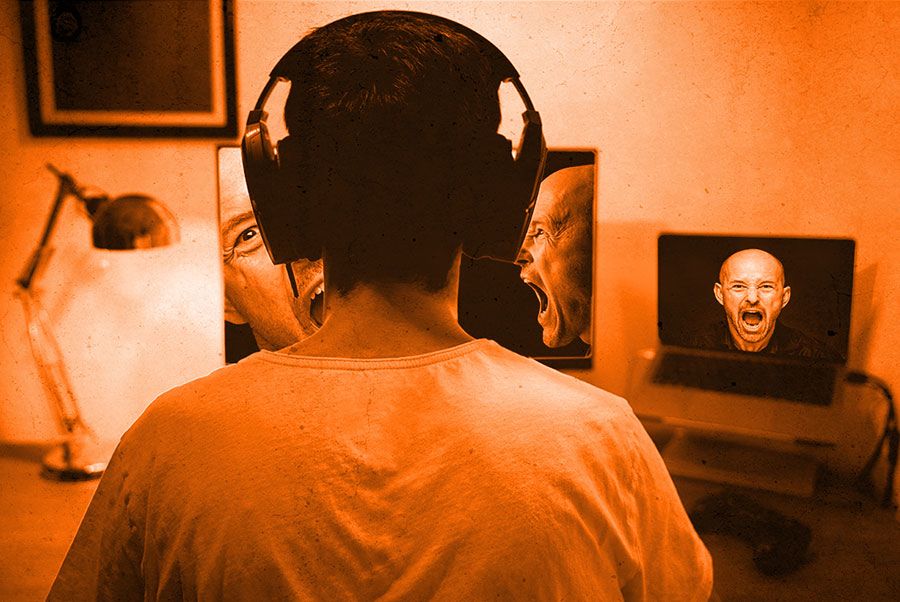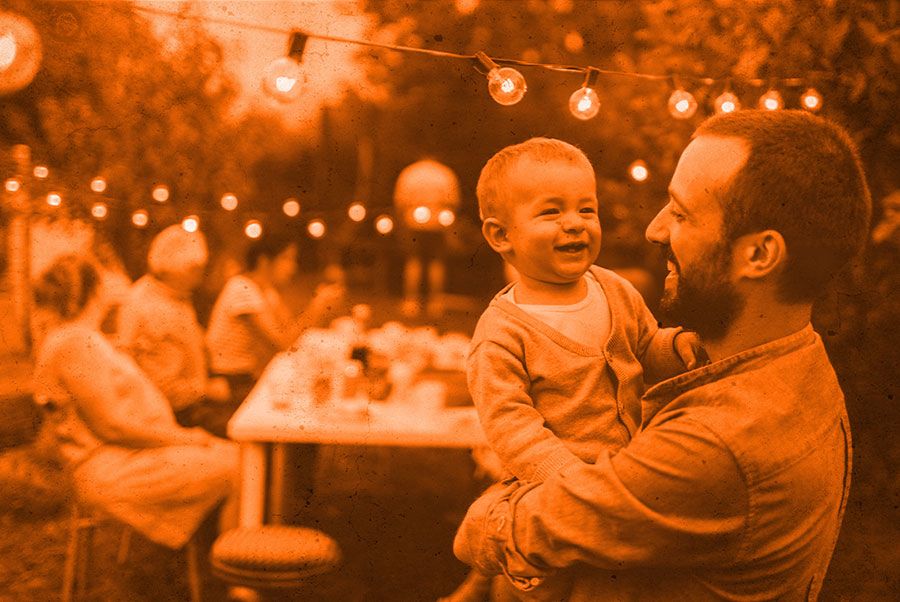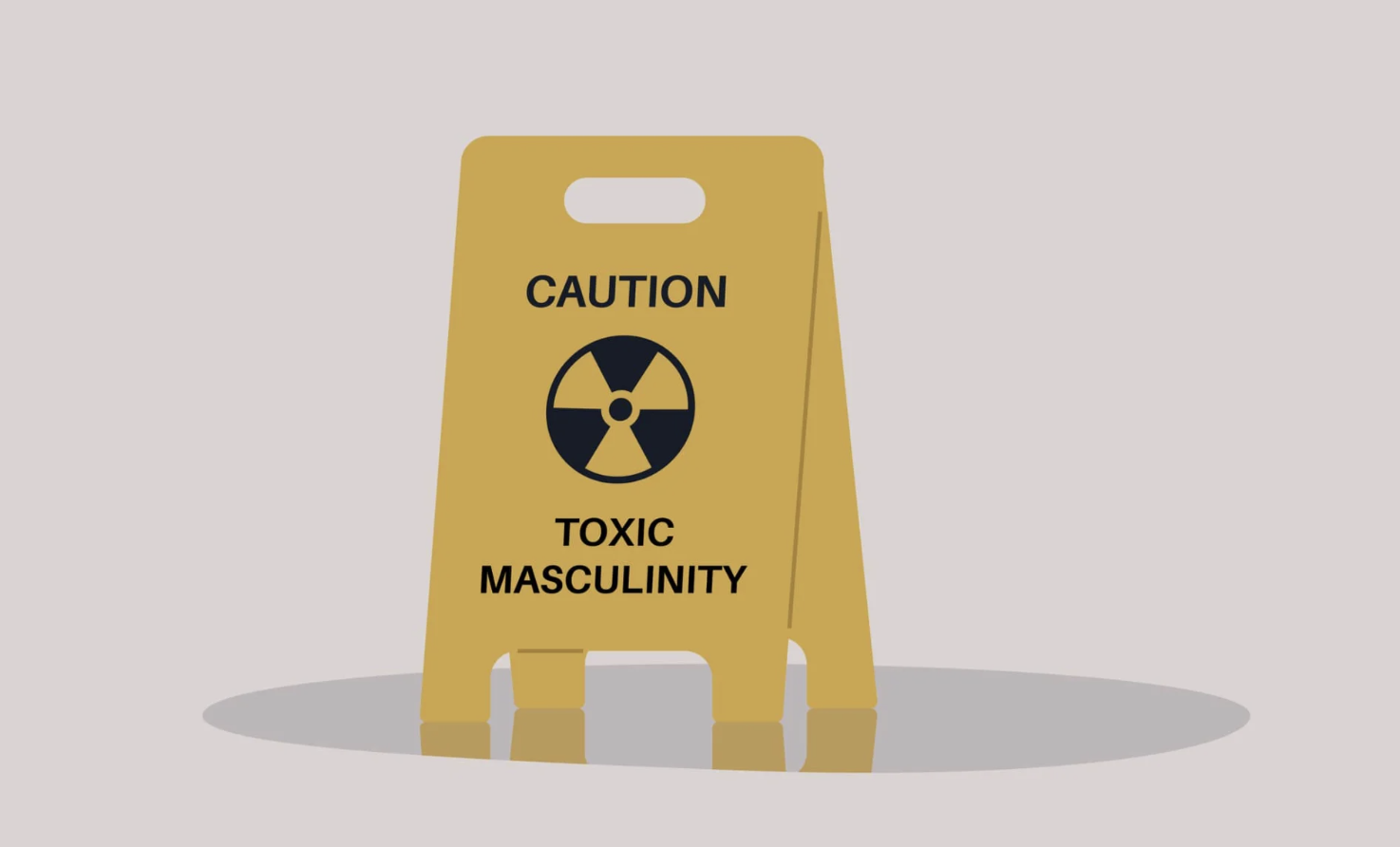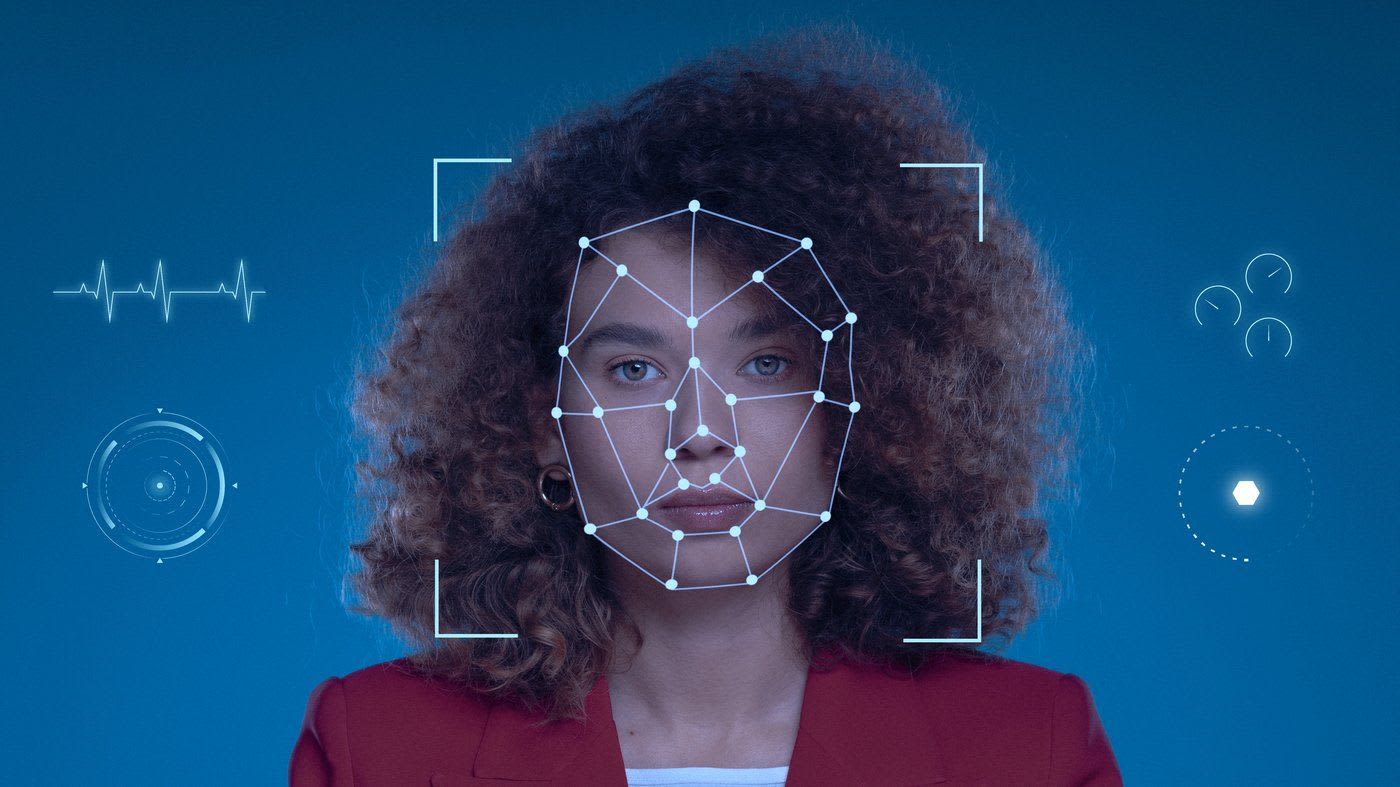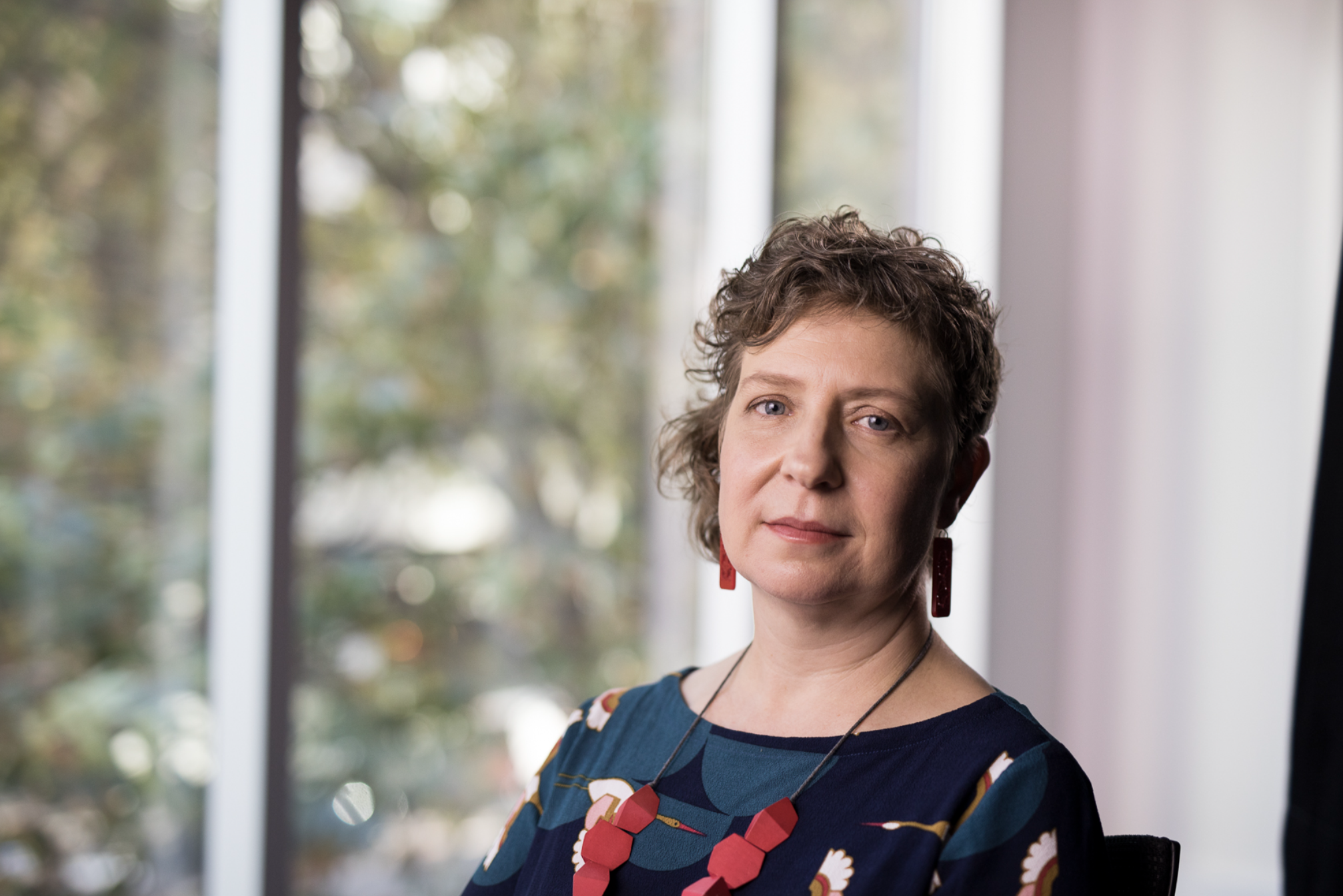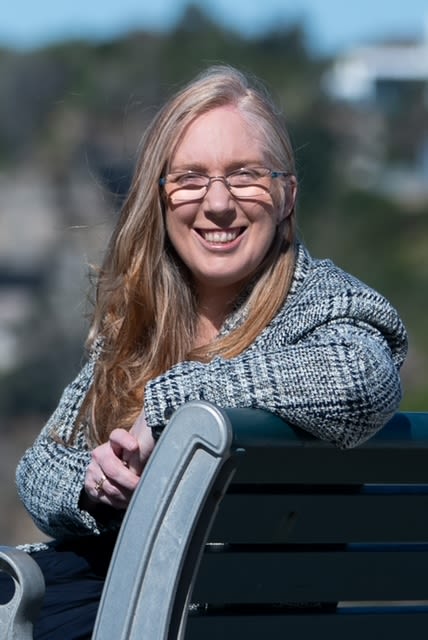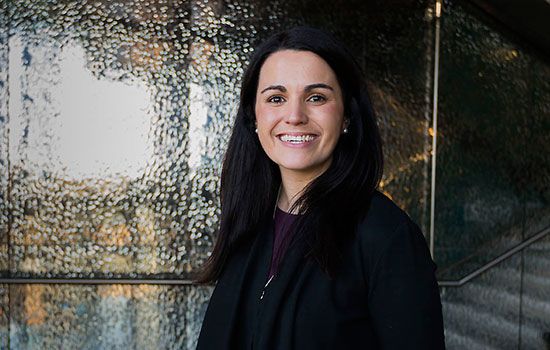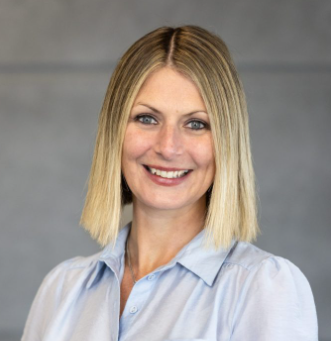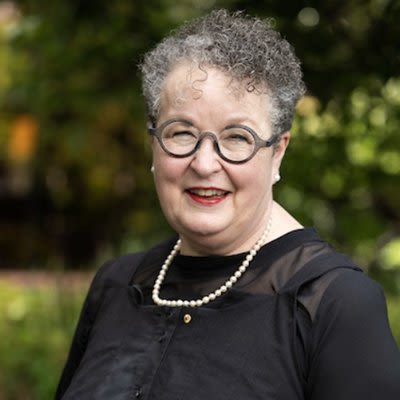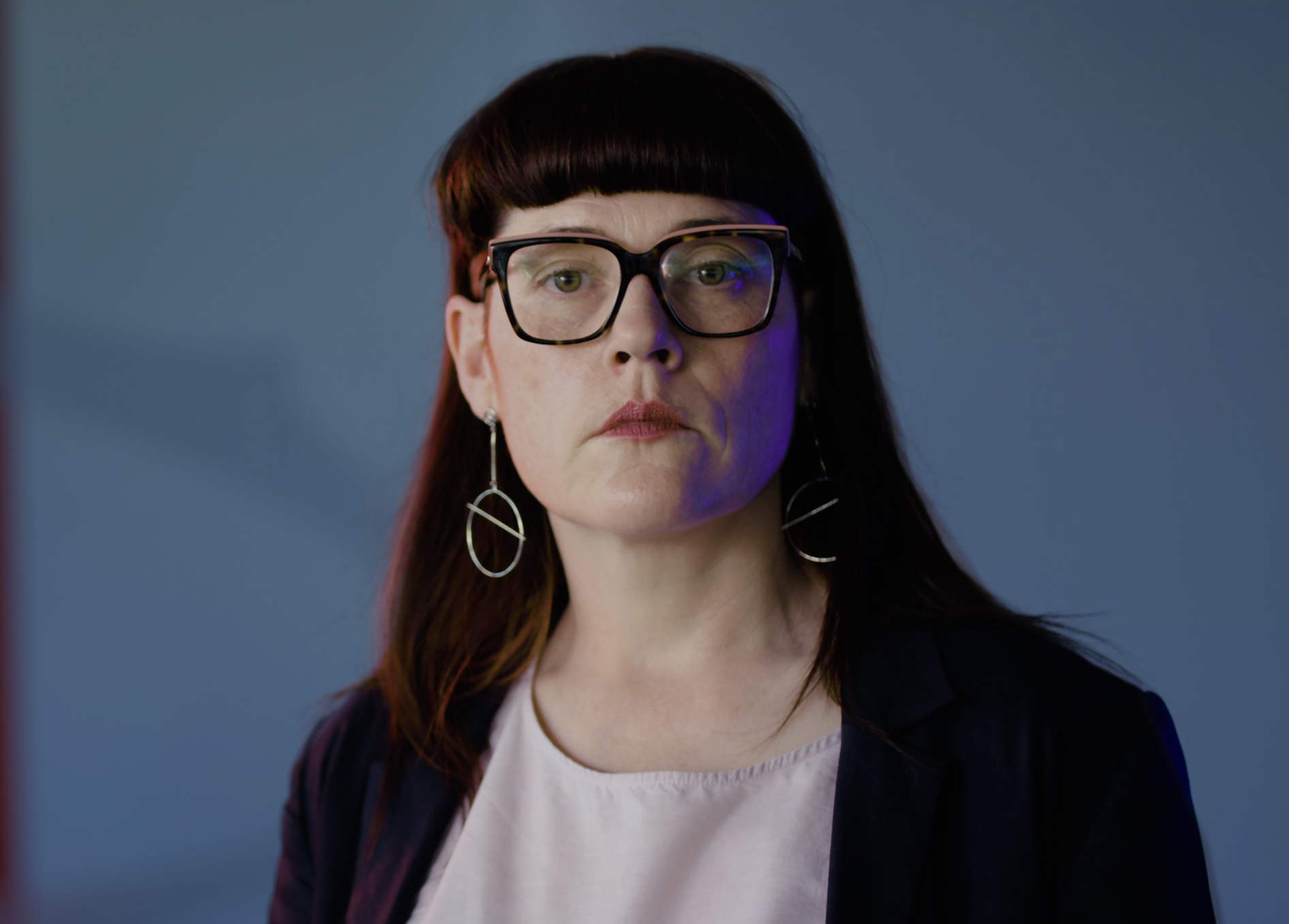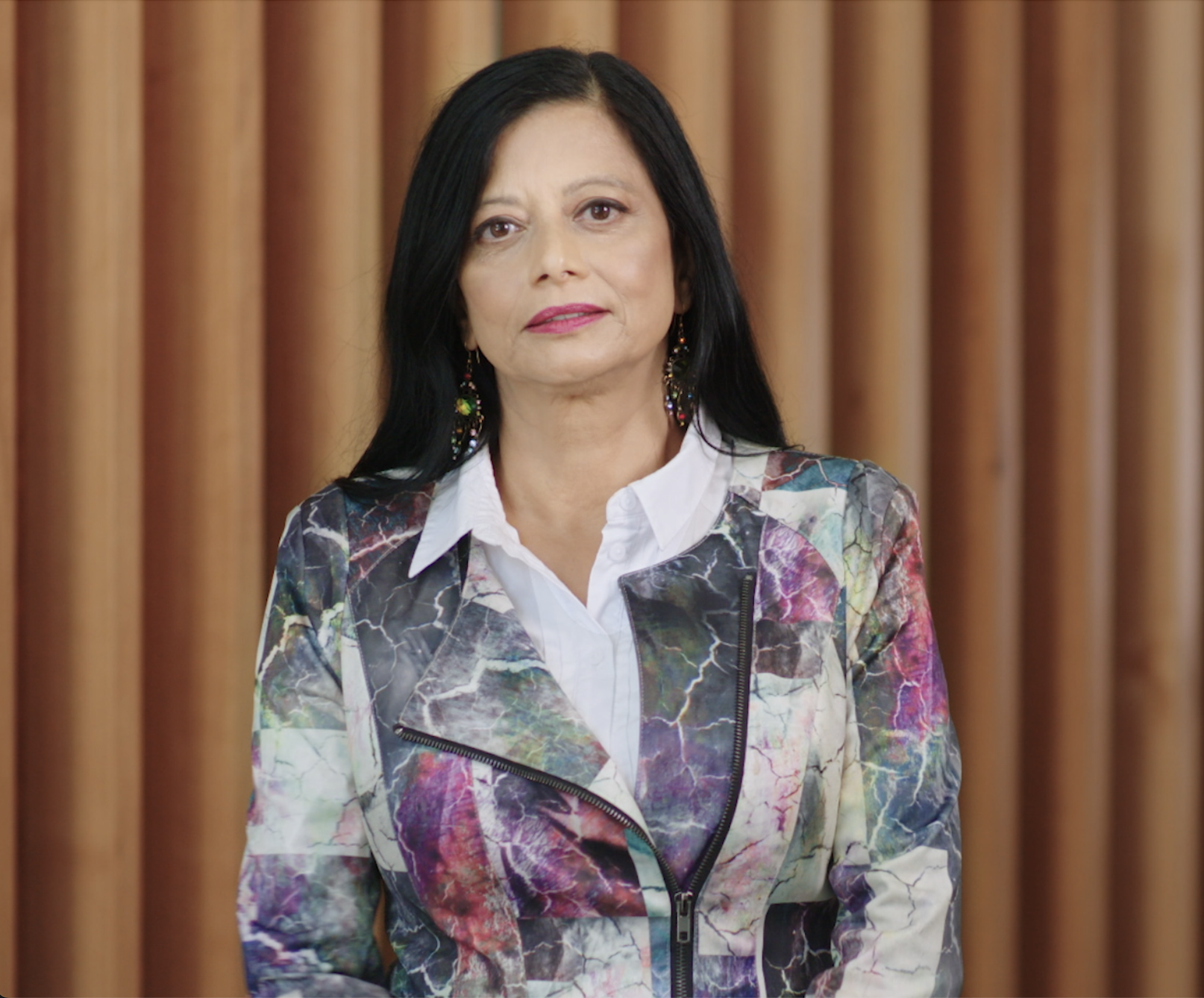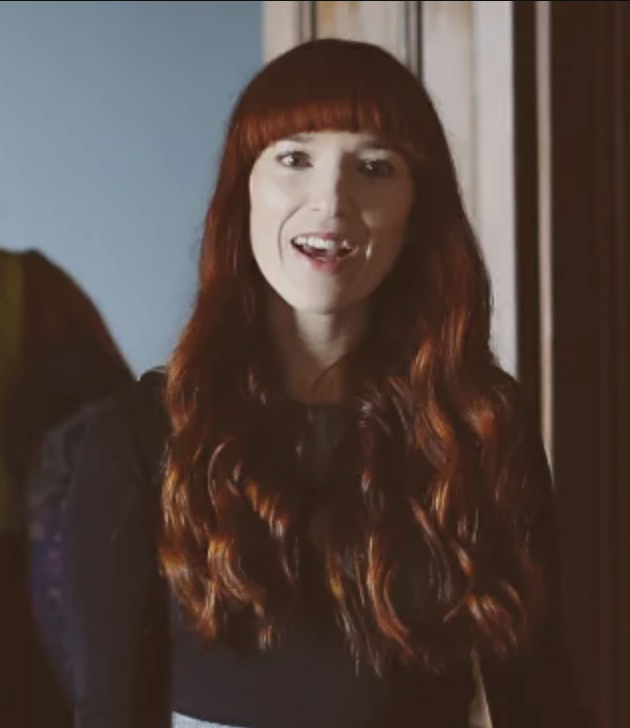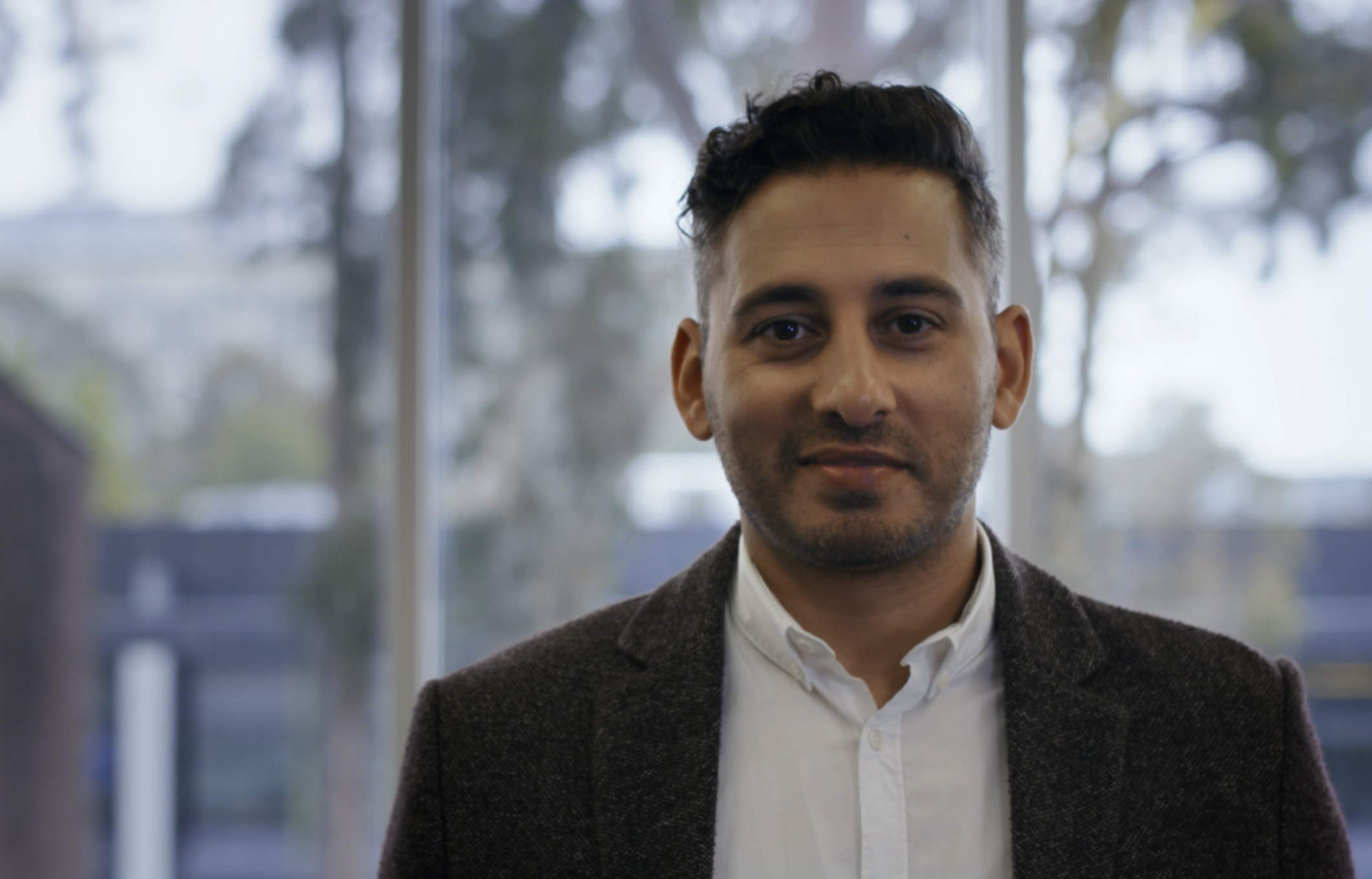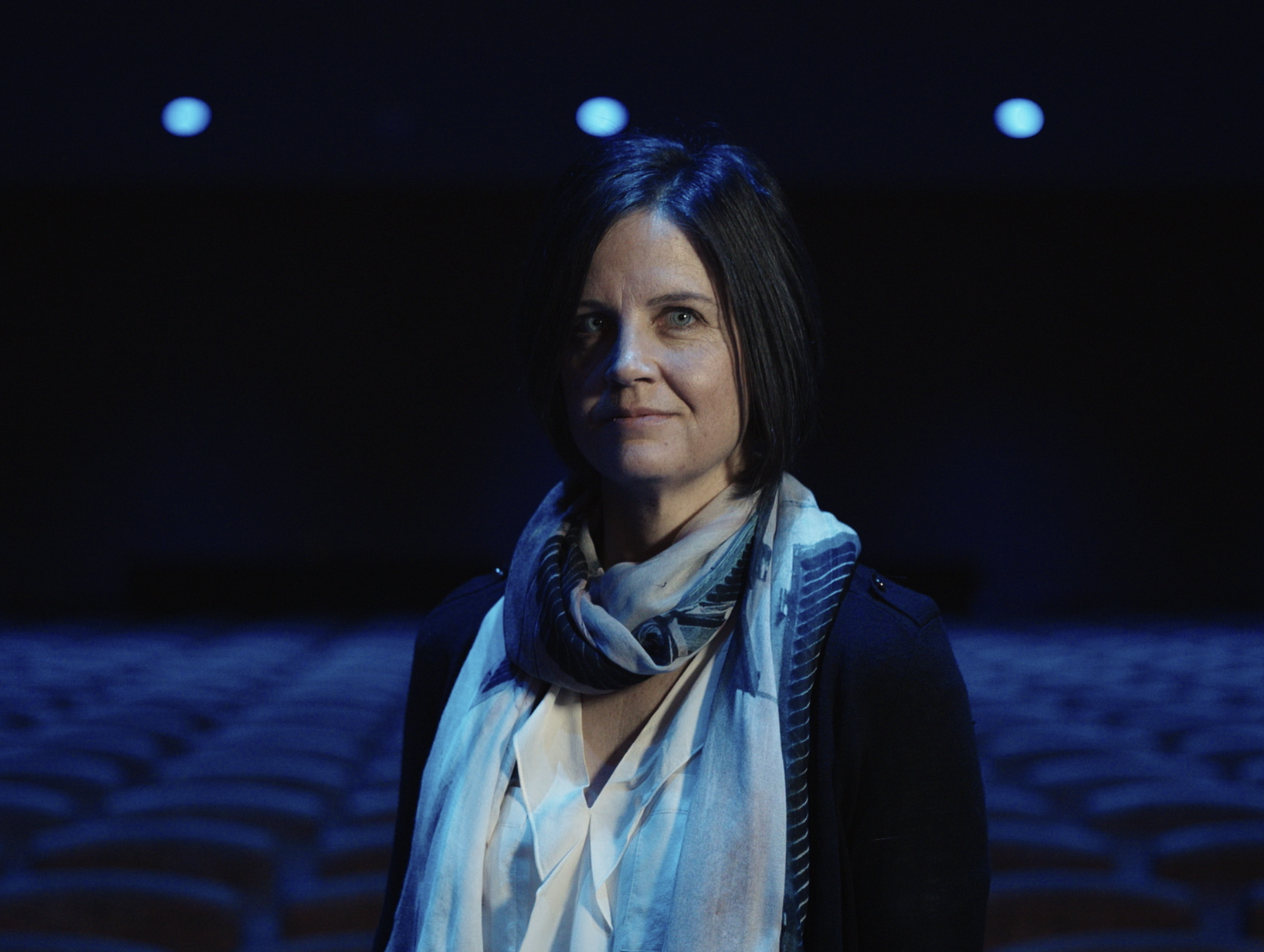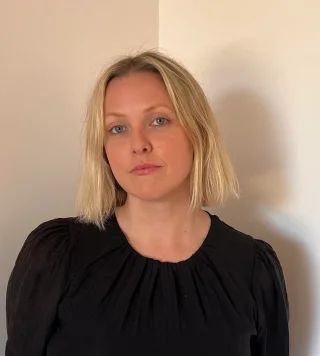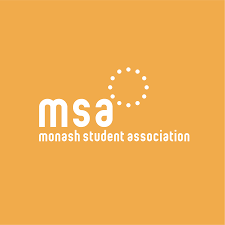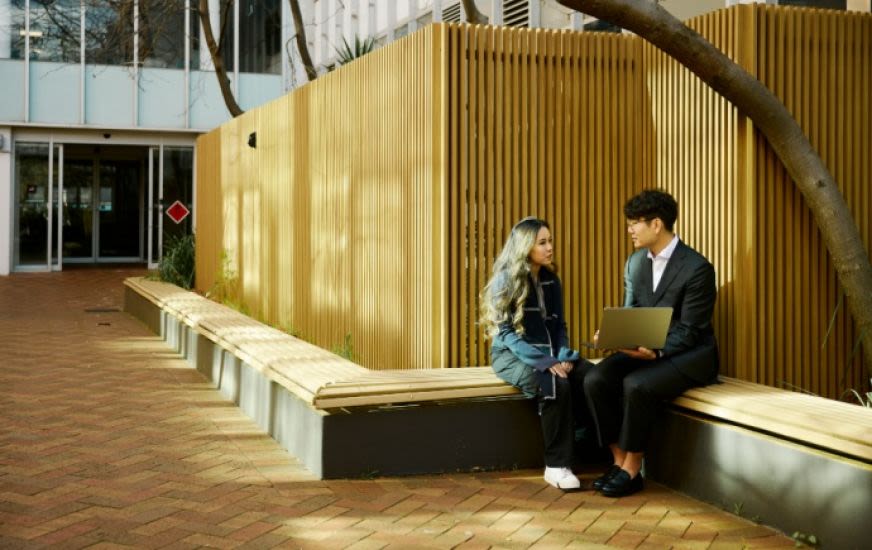Eliminating
gender-based violence
Monash University's commitment
to leading global change

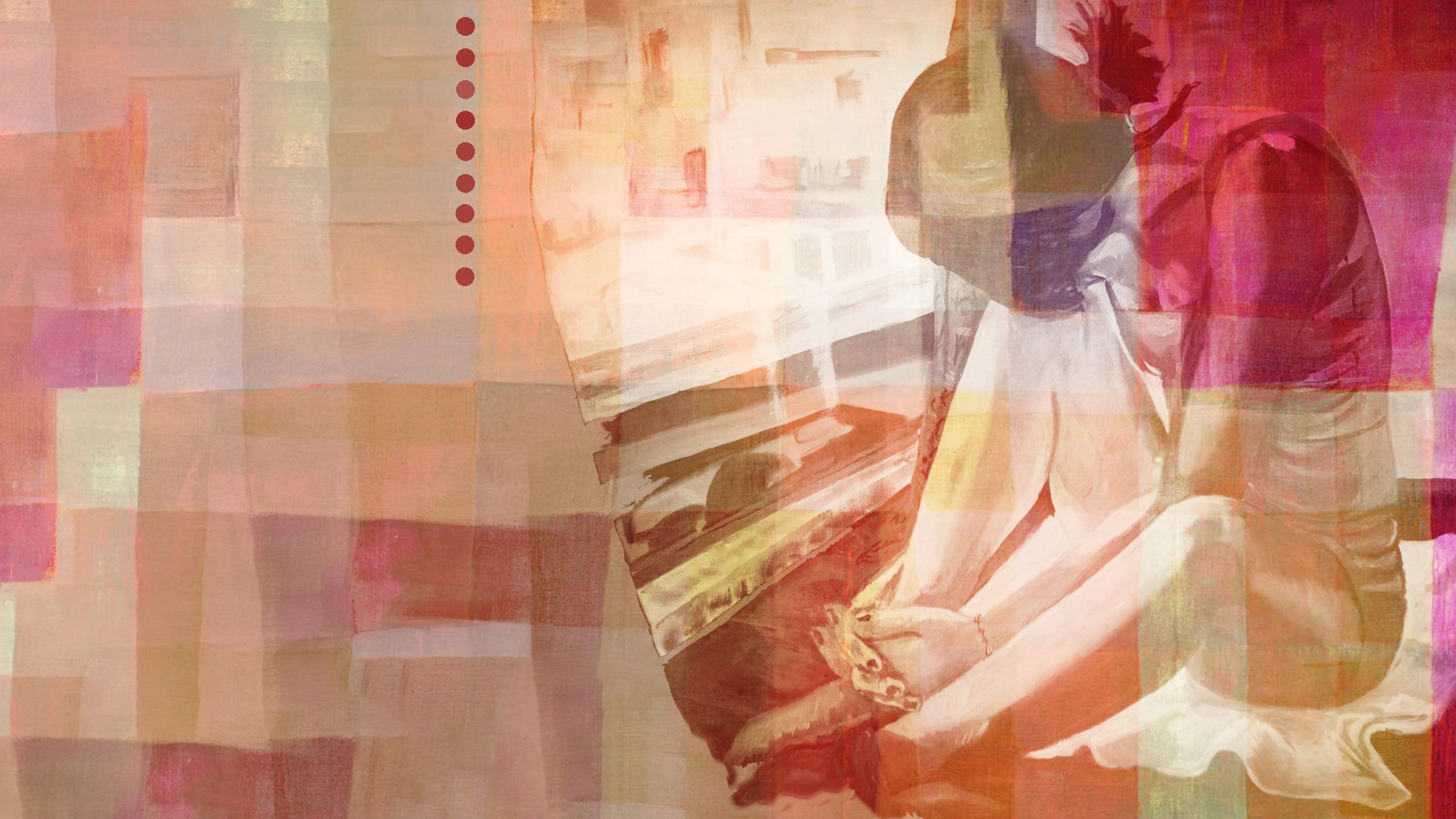
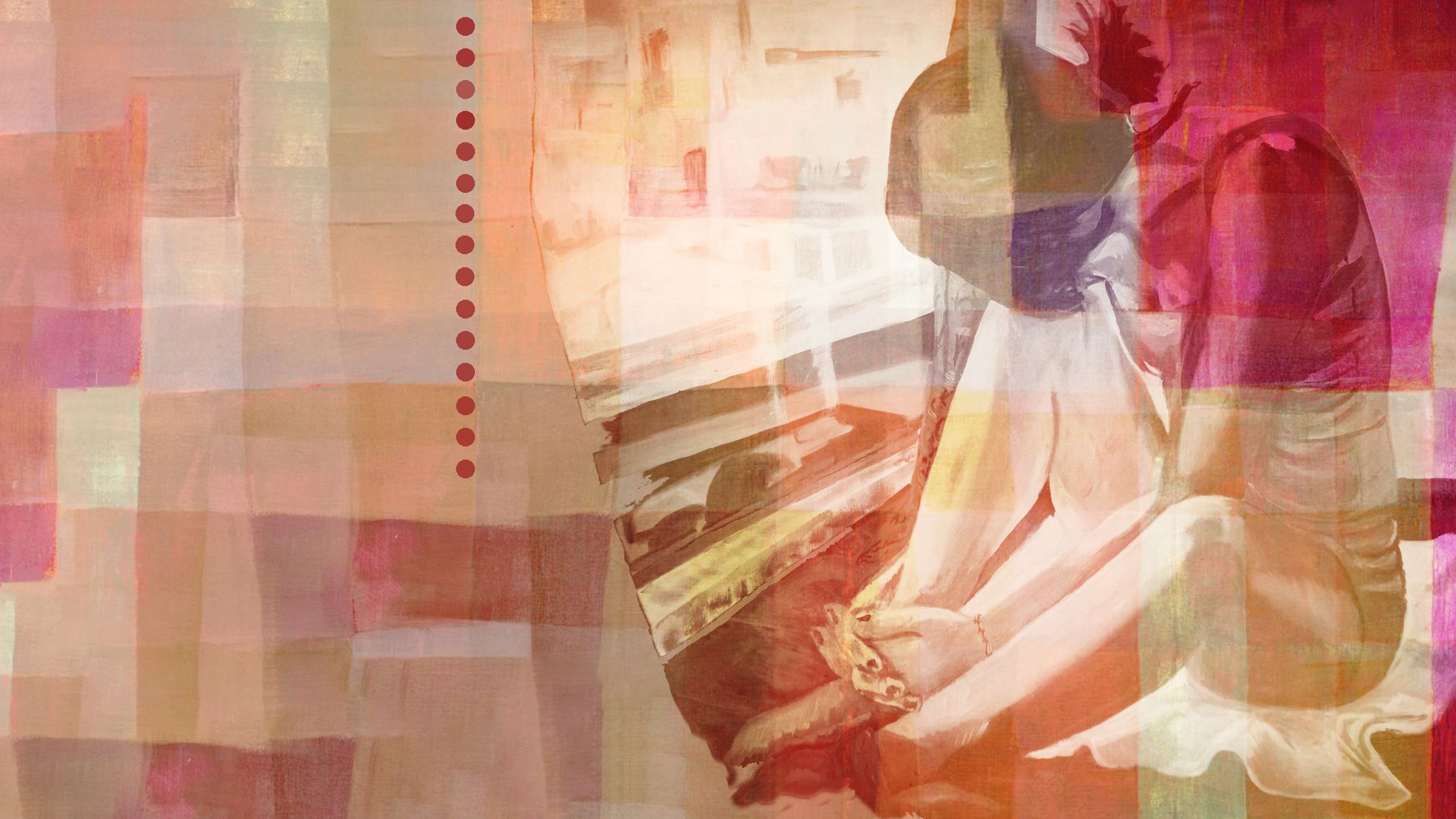
Nearly one in three women worldwide have experienced physical or sexual violence by an intimate partner or someone else in their lifetime.
The scale is staggering: more than a quarter of women aged 15-49 who have been in relationships report experiencing intimate partner violence.
In Australia, this global crisis has reached epidemic proportions, demanding urgent action and systemic change. While the human and economic costs continue to mount, our national response remains critically underfunded compared to other security priorities such as defence and counter-terrorism.
The daily reality
Every day in Australia, women and children face violence in what should be their safest space – their homes. This devastating pattern of abuse crosses all social and economic boundaries, affecting countless lives and communities. The ripple effects touch every corner of our society, from workplaces to schools, healthcare systems to the justice sector.
Advancing safety and respect in higher education
Monash is committed to eliminating gender-based violence across the higher education sector and is a leading institution in prevention and response education, awareness and strategy. Through implementation of our latest strategic commitments and relevant action plans, we remain dynamic and iterative in our efforts to foster safer, more equitable university environments.
As a key contributor to Universities Australia's Primary Prevention of Sexual Harm in the University Sector Good Practice Guide, we lead in fostering safer, more equitable campus environments. Through initiatives such as annual transparency reports and survivor-centred policies, we're setting a high standard in creating positive change.
Strategic Commitment to Gender-based Violence and Sexual Harm Prevention and Response
Our whole-of-community approach to creating a safer, more respectful, thriving university free of violence.
Gender-based Violence and Sexual Harm Prevention and Response Action Plan
The tangible and pragmatic actions we're undertaking to enhance our gender-based violence and sexual harm prevention and response interventions.


Breaking new ground in research and solutions
Monash University's world-leading experts are at the forefront of tackling this global challenge, pioneering breakthrough research and innovative approaches to prevention and support. Our researchers are reshaping the international understanding of gender-based violence while developing practical solutions that deliver real-world impact.
Learn more directly from the researchers and educators leading the way to a better future on Monash Lens.
It’s critical to engage a diverse range of expertise beyond academic and professional expertise, and ensure the diversity of lived experiences of students and staff informs prevention and response. Monash University is committed to such practices, including ensuring victim-survivors can share their experiences and expertise without requiring disclosure.
In recent years, AI generated deepfake technology that can convincingly replaces one persons likeness with another has evolved from a technical curiosity into a powerful tool for abuse.
Recommender algorithms are reshaping boys’ online environments, amplifying extreme masculinity content and fuelling new forms of gendered harm.
While technology enables connection, work and participation, it also creates avenues for control, particularly for those navigating life in a new country.
The Victorian government has announced a new youth justice reform package. Children aged 14 years and over charged with offences such as home invasion, carjacking, and serious and repeat aggravated burglary may face adult court.
Violence against women, including femicide – defined by the UN as intentional killing with a gender-related motivation – is a significant problem in Indonesia and many other countries around the world, including Australia.
It’s estimated that up to 60% of women and girls in the Pacific have experienced violence at the hands of partners or family members. However, what is currently missing is a clear picture of technology-facilitated violence.
Power distribution and resource control determine governance structures and societal norms in every society. These dynamics, especially when viewed through a gender lens, reveal more profound insights into how communities are structured, and how gender relations evolve.
Every few years, a wave of concern breaks across the media landscape, warning that boys and men are in deep trouble. The current surge is particularly loud. In both Australia, the US, the UK, and beyond, we hear that boys are falling behind in school, that men are struggling to find purpose, and that masculinity itself is in decline.
Listening to young people, not banning them from social media, is critical if we're to effectively address the rise of deepfakes, and the spread of misogyny in young boys.
The ARC Centre of Excellence for the Elimination of Violence Against Women (CEVAW) – the first of its kind in the world – will launch on Tuesday 3 December 2024.
There are growing concerns regarding the prevalence and challenges of sexual harassment in higher education settings across the Indo-Pacific
A systematic review highlights the need for father-specific interventions to prevent intimate partner violence (IPV), and calls for healthcare reforms to include fathers in perinatal care.
Spurred on by the manosphere, a new wave of misogyny and sexism is thriving in education settings, but change is still possible.
Australian researchers urge prioritising evidence-based solutions and incorporating Indigenous experiences to tackle rising gender-based violence cases.
New data from Victoria shows that in a quarter of deaths by suicide between 2009 and 2016, the person had experienced family violence before they died.
Women from climate-vulnerable countries face devastating impacts and are disproportionately affected by disasters, which is why they must be included in the UN’s Loss and Damage Fund.
As the Australian government dithers on banning gambling ads, a new global report highlights the immense pain and suffering wrought by the industry.
Data from the Australian Institute of Criminology shows alarmingly high rates of sexual violence perpetration.
For the first time, researchers have used blood tests to identify concussion caused by domestic violence, including some patients who also experienced non-fatal strangulation.
What Happens Next? podcast
On our What Happens Next? podcast, academic and commentator Dr Susan Carland steps through the sliding doors with academics and leaders from Monash and beyond to find out what could happen if we don’t change, and what the world could look like if we do. Explore the gender-based violence crisis in-depth with world-leading experts as your guide.
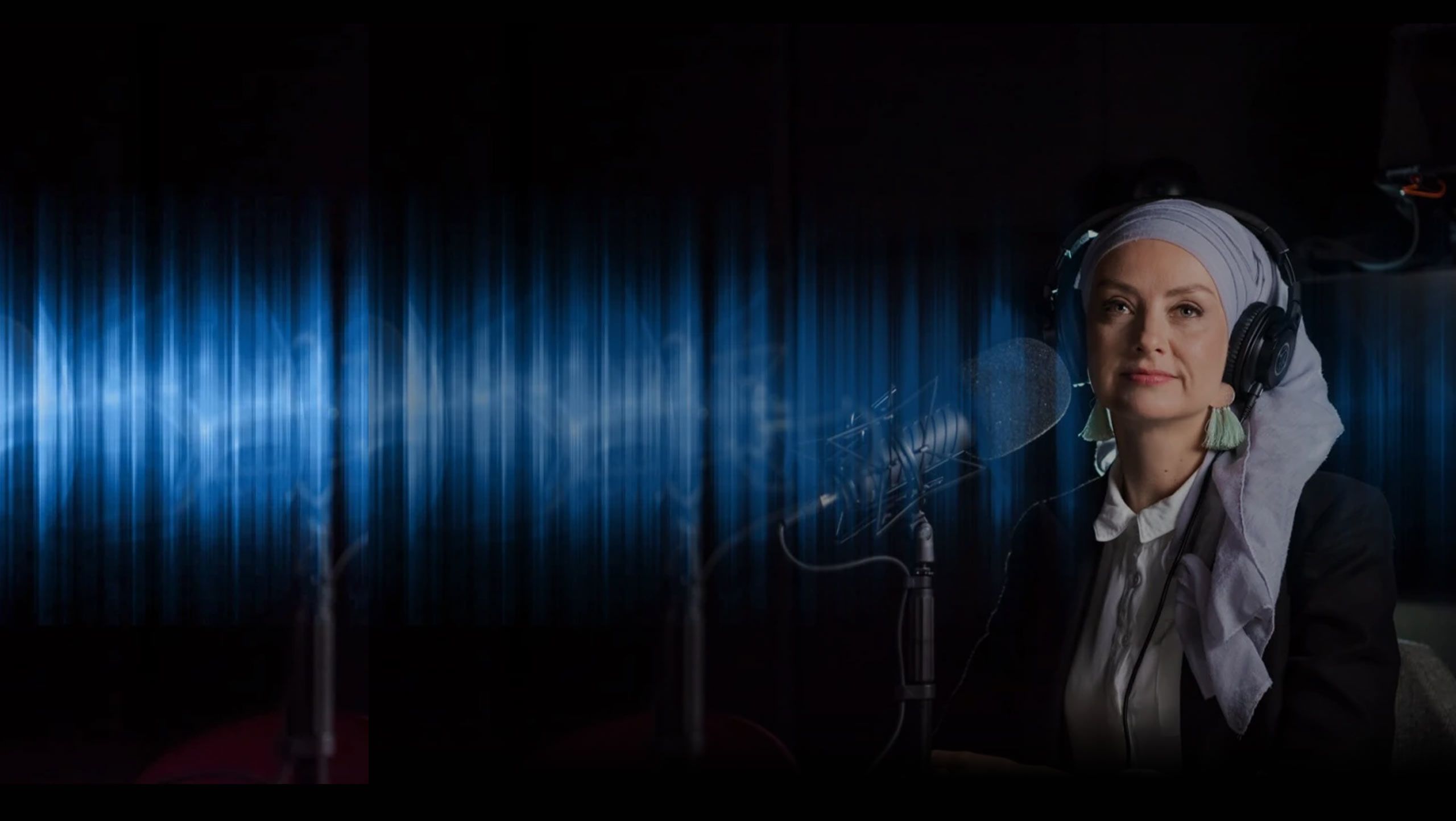
Masculinity
Explore modern masculinity through expert discussions on shifting gender norms, emotional resilience and redefining masculinity to better support men’s mental health, relationships and societal roles.
It's a Man's World
The reality of domestic violence is frightening and makes us question the way we think about masculinity.
Nice Guise
How is masculinity changing, and how are men being encouraged to change past patterns of behaviour?
Who's a Good Boy?
How can we better support men and boys to cultivate positive masculinity? What works, and why?
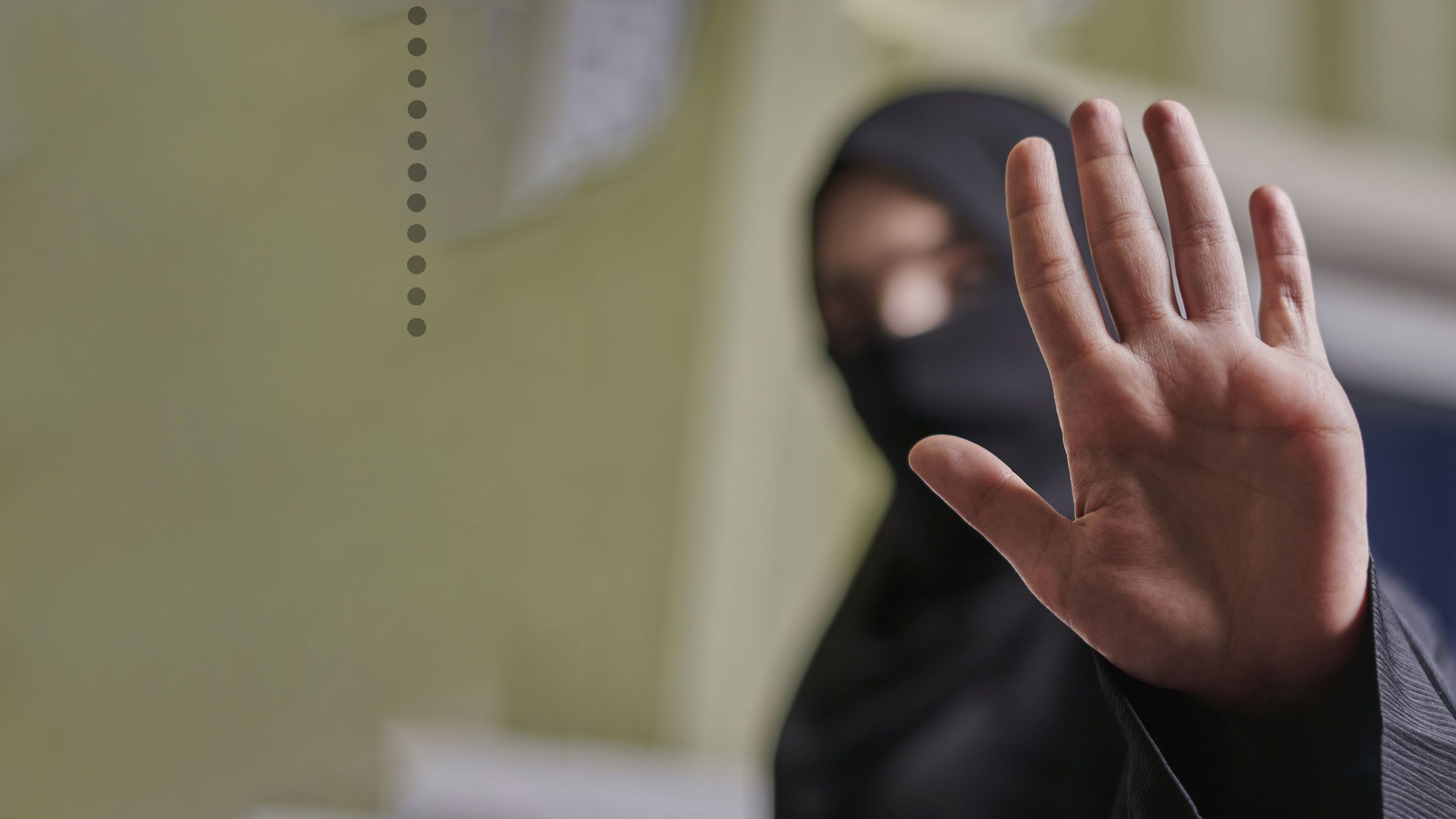
Women's security around the world
Escape from the Taliban
The moment Kabul fell to the Taliban in 2021, a team of Monash students and leaders began working to bring a number of Afghan women and women’s rights advocates to safety. Hear the harrowing story.
Where Are Women in Peace-building?
Women’s involvement in peace-brokering activities results in lasting success, but they’re underrepresented at the table. Experts weigh in, including Natasha Stott Despoja AO.
Ending gender-based violence in one generation
Can we end gender-based violence in one generation, as the Australian government ambitiously aims to do?
Listen to the podcasts...
What's Behind the Gender-Based Violence Crisis?
This national crisis has multiple, complex drivers, from hypermasculine online “manfluencers”, to addictive behaviours such as gambling, to deeply entrenched cultural norms.
How Do We Build a Future Where Everyone Feels Safe?
Hear from those leading the charge to stop gender-based violence before it starts – from educators guiding young people to experts pushing for systemic change that supports every member of our communities.
The manosphere:
New technology, age-old misogyny
A troubling new frontier has emerged in the fight against gender-based violence: the rise of digital misogyny, exemplified by the manosphere – online communities promoting anti-women rhetoric and toxic masculinity – and emerging technologies that have created new channels for abuse.
Monash researchers are leading groundbreaking work to understand and counter online radicalisation, develop effective interventions for young people and create evidence-based education programs promoting healthy relationships.
Monash change-makers are also at the forefront of shaping policy in Australia and internationally to address technology-facilitated abuse, including image-based abuse tactics such as revenge porn and deepfakes. Their work explores the profound impact on victim-survivors, the legal repercussions for perpetrators and the ways emerging technologies are exploited for abusive purposes. They're making a real-world difference in protecting individuals and guiding legislative responses to these evolving threats.
Hear from the experts...
Digital misogyny
As deepfake-facilitated abuse rises, South Korea’s new laws and AI systems show the urgent need for ethical, protective AI governance to safeguard women and vulnerable groups.
As AI tools quietly permeate social media and messaging apps, young people, especially women and gender-diverse users, are facing growing risks of deepfakes and online sexual harm.
Victoria has announced new teaching resources to tackle the influence of “manosphere” figures among students.
We still have a long way to go in both accepting and preventing the causes of men's violence against women.
Parents need to understand how algorithms work. These can drive misogynistic content towards boys and young men.
As our reliance on technology in workplaces has increased, so too have tech-based forms of workplace sexual harassment.
As many as one in three people across Australia, the UK and New Zealand (aged 16 to 64) have experienced image-based abuse, which can have a range of harmful psychological and social impacts on victims.
Monash thought leaders
Meet some of the Monash University change-makers working to drive positive change and build momentum toward a future free from gender-based violence.
Monash leaders
Associate Professor Becky Batagol, from the Faculty of Law, is a socially engaged feminist whose academic work in relation to gender-based violence has real impact in the world.
Professor Kyllie Cripps is a Palawa woman and Director of Monash's Indigenous Studies Centre. She is one of Australia’s leading researchers on Indigenous family violence, child abuse and sexual assault.
Professor Kate Fitz-Gibbon is a leading violence against women scholar in the Faculty of Business and Economics. Kate has advised on homicide law reform and family violence reviews in Australia and internationally.
Professor Asher Flynn is an award-winning Faculty of Arts-based researcher in policy and prevention concerning gendered, sexual and technology-facilitated violence, and has shaped almost a decade of research, theory and measurement of these global phenomena.
Professor Jane Fisher, the Finkel Professor of Global Health in the School of Public Health and Preventive Medicine, was appointed Officer in the Order of Australia in 2019 for her contributions to women, mental health and the community.

Associate Professor Bridget Harris is Director of the Monash Gender and Family Violence Prevention Centre. She's advised police and legal bodies on technology-facilitated abuse, stalking and harm and gender-based violence in regional, rural and remote communities.
Professor Nicole Kalms is the founding director of the Faculty of Art, Design and Architecture's XYX Lab, which leads national and international research in Gender and Place.
Professor Jayashri Kulkarni is Director of HER Centre Australia, a leader in developing new understanding, new treatments and new services for women with depression, trauma-related mental health issues and many other mental health concerns.
Criminologist Dr Naomi Pfitzner is Deputy Director of the Monash Gender and Family Violence Prevention Centre and an Associate Investigator on an ARC Centre of Excellence for the Elimination of Violence Against Women.
Professor Steven Roberts, from the Faculty of Education, is a sociologist and an internationally recognised expert in research in changes and continuities in boys' and men's masculinity practices, and inequalities in young people’s transitions to adulthood.
Professor Jacqui True is Director of the ARC Centre of Excellence for the Elimination of Violence against Women. Her research focuses on gendered political violence, feminist political economy and the Women, Peace and Security agenda.
Dr Stephanie Wescott is a feminist researcher and lecturer in the Faculty of Education. At present, she is researching the influence of Andrew Tate on boys' behaviour in schools across Australia.
Building peace
After the destruction, what can be done to ensure enduring peace? Involve women, says new research.
When the Taliban seized control of Kabul in August 2021, they said they were “committed to the rights of women within the framework of Shariah” and that the group would not discriminate against women. But three years later, women have been erased from public and political life. They are banned from any education beyond primary school, they can’t travel where they like, dress as they want or follow their chosen career – and those who speak out are imprisoned, tortured and “disappeared”.
Monash Life speaks to the experts responsible for this landmark research.
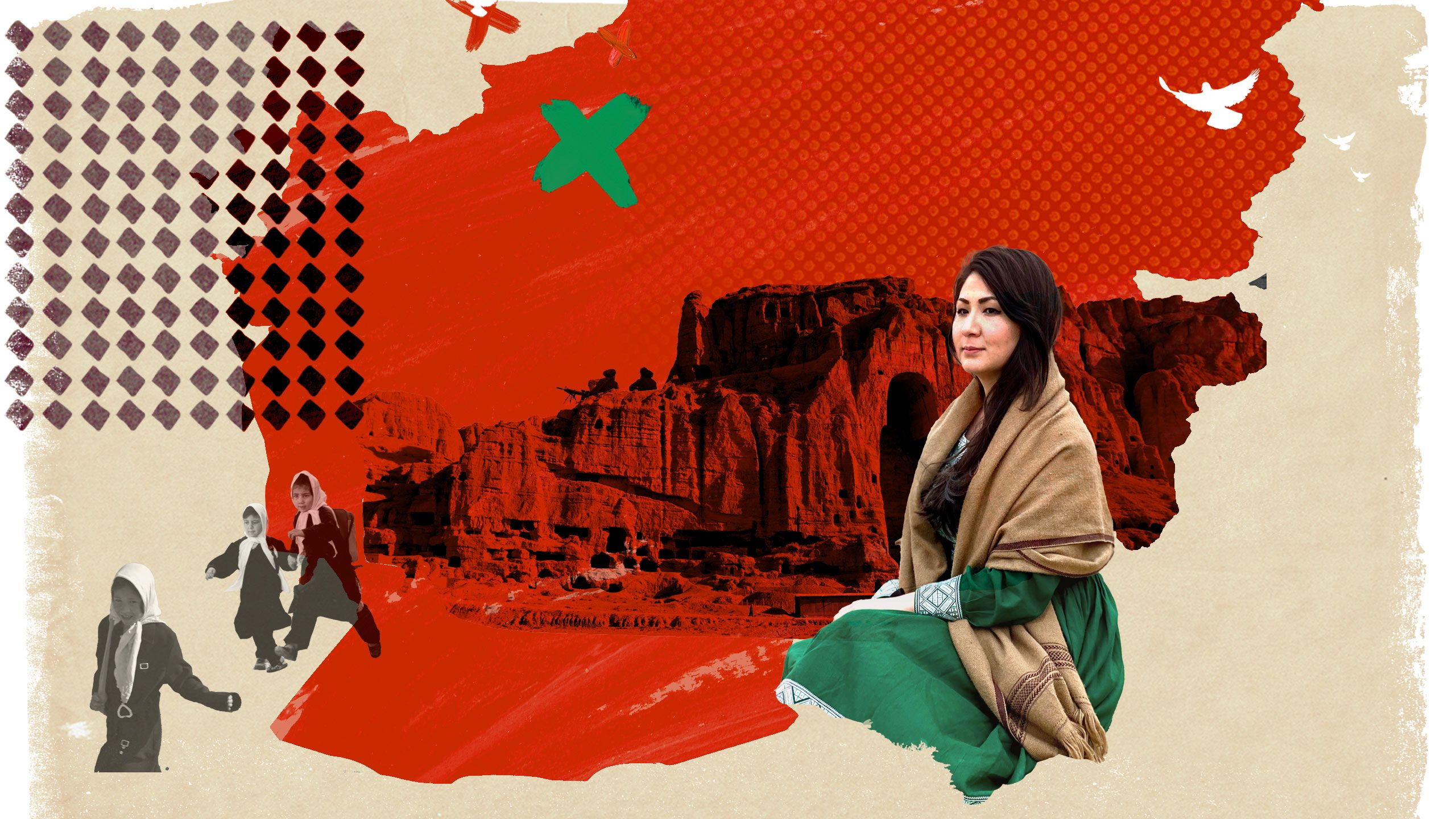
Events
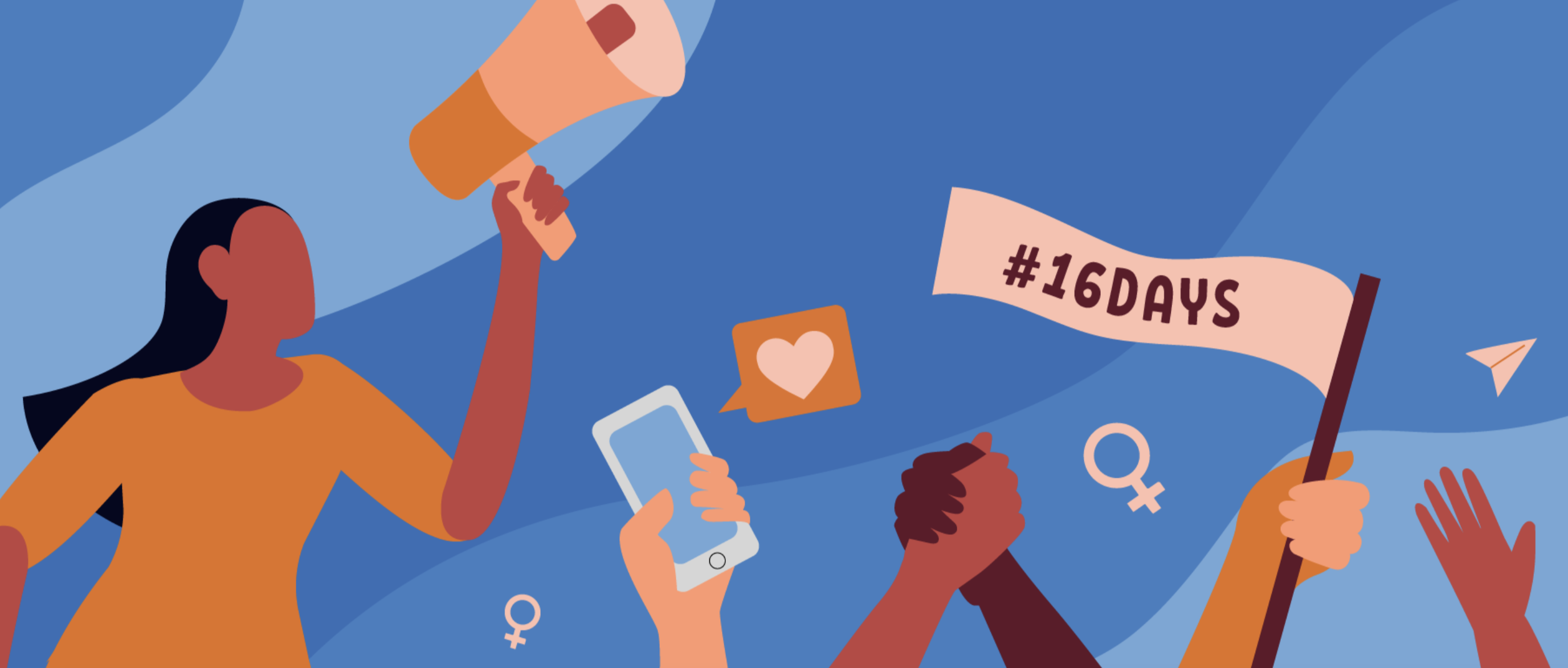
United Nations 16 days of Activism against Gender-Based Violence.
25 November – 10 December
Find help
Safer Community Unit (SCU) responds to reports and disclosures of concerning, threatening and inappropriate behaviour, including sexual harm and family violence.
Services, programs and resources to keep you healthy in mind and body, so you can excel at Monash.
All Monash staff are entitled to free and confidential support services available at Monash, and also from the wider community.
MSA Student Advocacy and Support provides independent, confidential and non-legal advocacy & referral services for Clayton, Parkville & Gippsland-enrolled undergraduate students at Monash.
Whether it's an experience on campus, in your workplace, or an academic concern - we want to hear from you. Our commitment to a safe and fair university environment means every report from students, staff, and community members receives prompt attention and thorough follow-up.
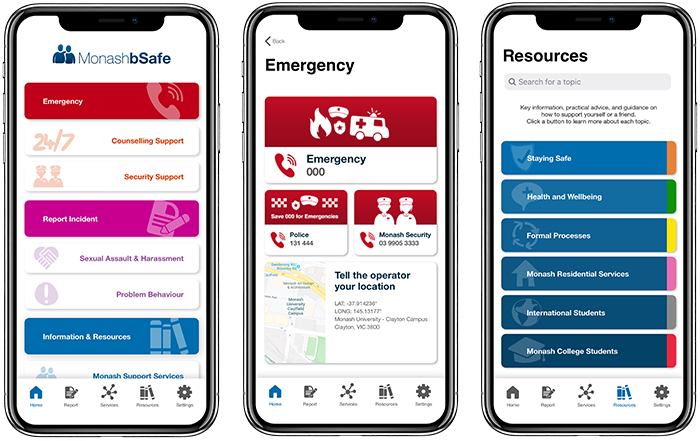
24/7 access to phone counselling support, emergency services, security support, incident reporting and information services, the Monash bSafe app is a helpful tool for resolving matters in an easy to access way.
Gender-based violence help:
- For anyone in immediate danger, call 000 for police and ambulance
- 1800RESPECT or 1800respect.org.au – Confidential national counselling and support service for people who have experienced, or are at risk of experiencing domestic, family and sexual violence, their family and friends and frontline workers
- 1800FULLSTOP (1800 385 578) – National violence and abuse trauma counselling and recovery service
- WhiteRibbon.org.au
- Rainbow Sexual, Domestic and Family Violence Helpline – 1800 497 212
- 13YARN (13 92 76) – A national crisis support line for mob
- Men's Referral Service (1300 766 491) – A service for men who use family violence
- Mensline Australia (1300 789 978) – telephone and online support for men in Australia



